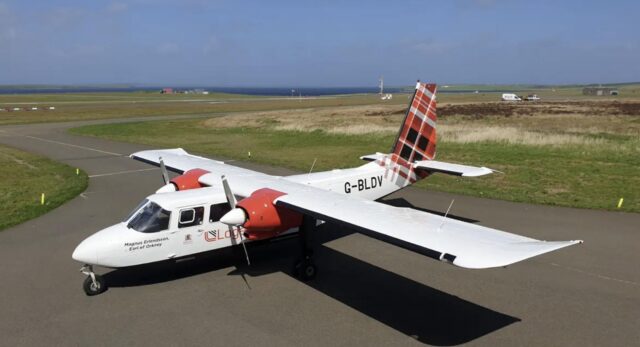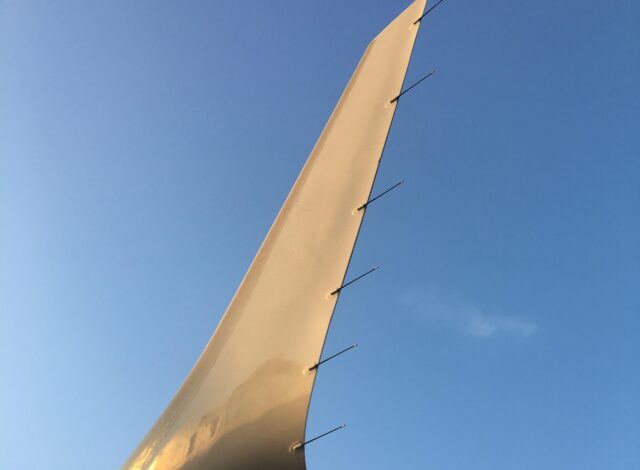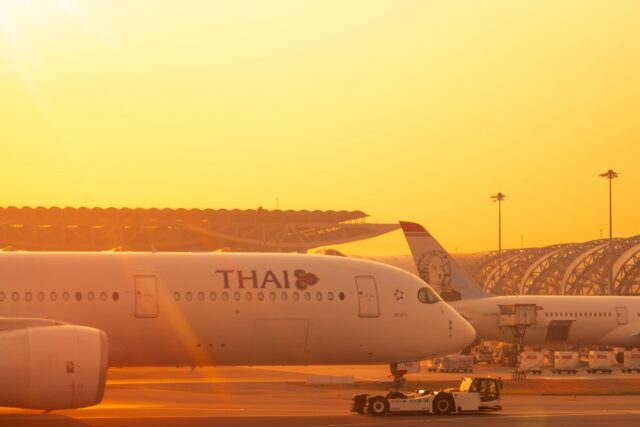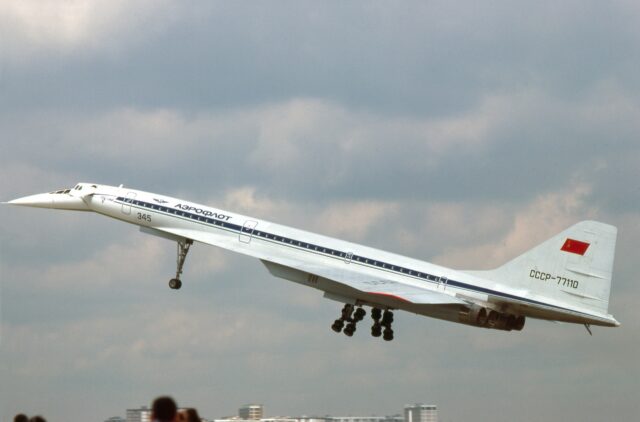What is solar radiation and how is it affecting Airbus A320s?

November 28, 2025

Airbus has issued a high-priority advisory to carriers operating A320 Family aircraft, warning of a potential flight control software risk triggered by intense solar radiation and other solar activity.
What is solar radiation?
Solar radiation is the stream of energetic particles and electromagnetic waves emitted by the sun, including visible light, ultraviolet and charged particles such as protons and electrons.
In aviation, heightened solar activity – like solar flares or coronal mass ejections – can interact with an aircraft’s electronics, potentially disrupting sensitive onboard systems, navigation and flight-control data. This makes it a critical consideration for aircraft design, operations and airspace safety.
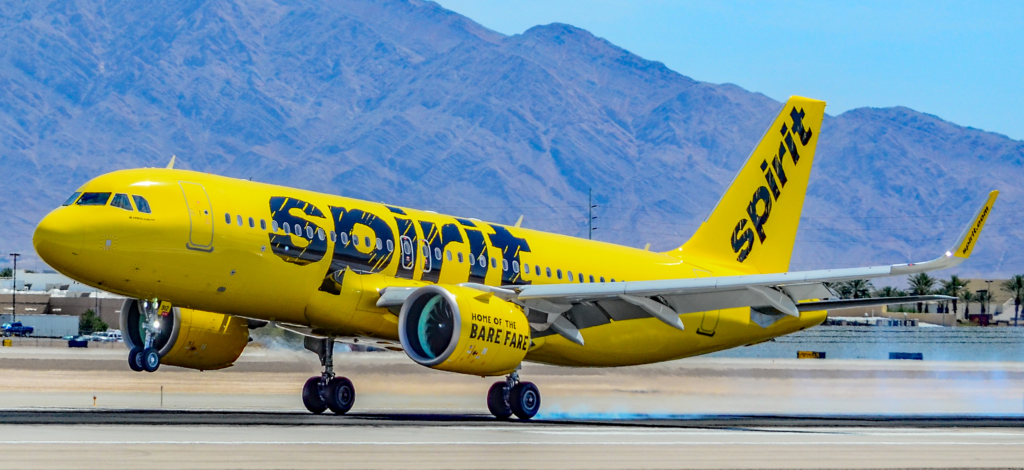
JetBlue Airways incident sparks investigation
On Friday 28 November, Airbus issued a statement saying: “Analysis of a recent event involving an A320 Family aircraft has indicated that elevated solar radiation may compromise data critical to flight control functionality.”
The triggering incident involved a JetBlue Airways A320 on 30 October, which experienced a sudden altitude drop, injuring at least 15 passengers and necessitating an emergency landing in Florida.
Alert Operators Transmission (AOT) issued
An Alert Operators Transmission (AOT) instructs airlines to take corrective measures before the next flight. Failure to comply could result in grounding under an European Union Aviation Safety Agency (EASA) Emergency Airworthiness Directive, issued on 28 November.
The AOT covers aircraft across both the older A320ceo and current-generation A320neo families, potentially affecting thousands of aircraft worldwide. The A320 remains the most widely operated commercial aircraft in the world.
#EASA has issued an Emergency Airworthiness Directive (EAD) for the @Airbus A320 family. This may unfortunately cause disruption to flight schedules and inconvenience to passengers. As is always the case in aviation, safety is paramount. https://t.co/Kh73onP2ZO
— EASA (@EASA) November 28, 2025
What is the vulnerability?
According to the AOT, “An Airbus A320 aircraft recently experienced an uncommanded, limited pitch-down event. The autopilot remained engaged, with a brief and minor loss of altitude; the remainder of the flight proceeded normally.”
Investigators found that the ELAC B hardware running software version L104 could be affected by solar flares. In a worst-case scenario, this might cause the elevators to move unexpectedly, potentially pushing the aircraft beyond its structural limits.
What are airlines having to do to correct this?
Airlines are being directed to address the issue by either reverting the flight-control software to a previous, stable version or replacing the affected ELAC hardware with units already running the earlier software.
Airbus says the fix should take about three hours per aircraft, giving airlines a clear timeframe to carry out the updates while keeping disruptions to their operations as limited as possible.
Potential operational impact
The advisory comes during one of the busiest US holiday travel periods, creating potential for flight delays, aircraft downtime and reduced capacity. Airbus has said:
“These recommendations will result in operational disruptions to passengers and customers. We apologise for the inconvenience and will work closely with operators, while keeping safety as our number one and overriding priority.”
Global airlines begin assessment
Airlines around the world are now evaluating how extensive the required updates will be, with some already assembling rapid-response maintenance teams ready to carry out the fixes as soon as the official instructions are released.
Featured image: Adobe Stock
